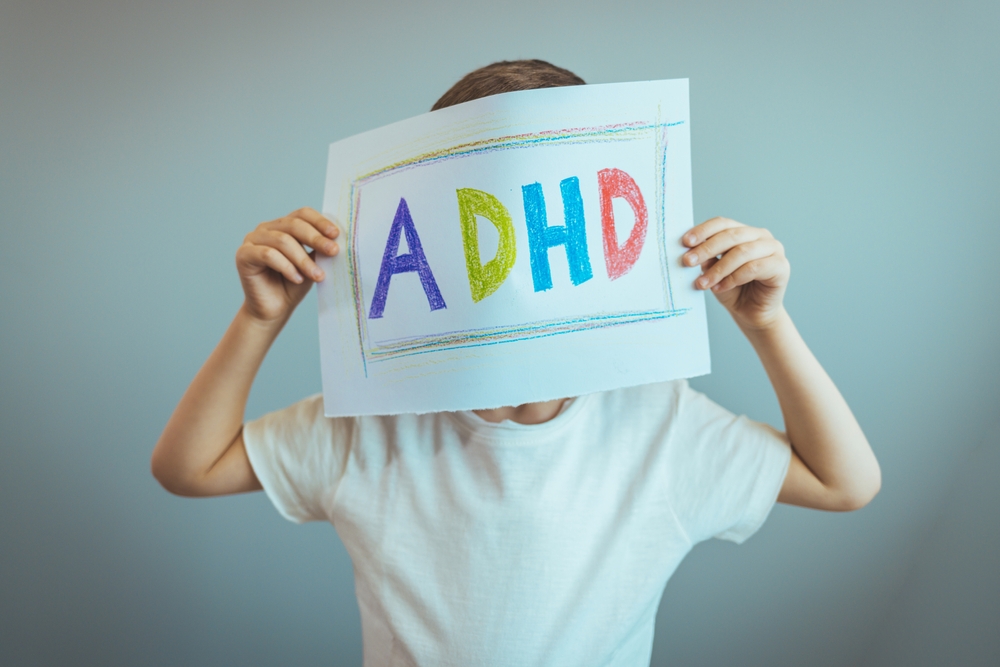
Exploring the connection between Attention Deficit Hyperactivity Disorder (ADHD)
Exploring the connection between Attention Deficit Hyperactivity Disorder (ADHD) and sex addiction reveals a deeply personal journey filled with complexities and challenges. While not everyone grappling with ADHD will face sex addiction, understanding this link sheds light on the unique struggles individuals may encounter and the paths towards healing and recovery.
For many, ADHD brings with it a sense of impulsivity—a spontaneous urge that can extend to sexual behavior. It’s like feeling a constant pull towards excitement and sensation, sometimes leading to impulsive actions without fully considering the consequences. This impulsivity can pave the way for risky sexual behavior and, in some cases, the development of addictive patterns.
Beyond impulsivity, ADHD often brings emotional turbulence—a rollercoaster of feelings that can be overwhelming at times. In the midst of this emotional storm, seeking out sexual stimulation can offer a temporary escape, a brief respite from the whirlwind of thoughts and feelings. It becomes a coping mechanism, a way to numb the pain or stress and find fleeting relief.
Yet, navigating the terrain of ADHD and sex addiction isn’t just about impulsivity and emotional turmoil—it’s also about facing executive functioning deficits head-on. It’s like trying to steer a ship through rough waters without a compass, struggling to make sense of the chaos and find a steady course. This difficulty in inhibiting impulses and weighing long-term consequences can fuel impulsive sexual behavior, further complicating the journey towards recovery.
During moments of intimacy, our brains embark on an incredible journey, orchestrating a symphony of sensations and emotions. The mind is brewing, with neurotransmitters such as dopamine, serotonin, and oxytocin working their enchantment. Dopamine, our brain’s cheerleader for pleasure, floods our system with waves of satisfaction and reward, making us feel like we’re on cloud nine. Serotonin steps in as the mood stabilizer, ensuring our emotional harmony and intensifying our sense of closeness. And then there’s oxytocin, the ultimate cuddle companion, weaving its magic to foster deep bonds of intimacy and trust.
This captivating chemistry underscores the intimate connection between our mental and emotional worlds, reminding us of the importance of nurturing both our minds and hearts for overall well-being.
The intersection of ADHD with other mental health challenges, such as depression or anxiety, adds another layer of complexity. It’s like fighting a battle on multiple fronts, grappling with inner thoughts while trying to somehow find a sense of peace and stability. Yet, amidst the struggle, there is hope—a beacon of light guiding individuals towards healing and growth. It’s like embarking on a journey of self-discovery and resilience, reclaiming control over one’s life, and finding a path towards healing and wholeness. Here are some positive alternatives to potentially addictive impulsive behavior.
Healthy Coping Skills:
· Engage in physical activity to release endorphins and reduce stress.
· Practice mindfulness and relaxation techniques to manage cravings and anxiety.
· Explore creative outlets for self-expression and fulfillment. Some hands-on activities like art, engaging in new hobbies like pottery, gardening, building Legos or working with houseplants.
· Build supportive relationships to keep yourself engaged in fulfilling conversations and experiences and be mindful to seek professional help when needed. Keeping healthy boundaries is important and you may need professional guidance to create a plan to foster healthy communication and boundaries amongst peers.
· Seek professional advice and guidance, Consider virtual counseling for flexible support and consultation.

